Kategorie: Biology
-
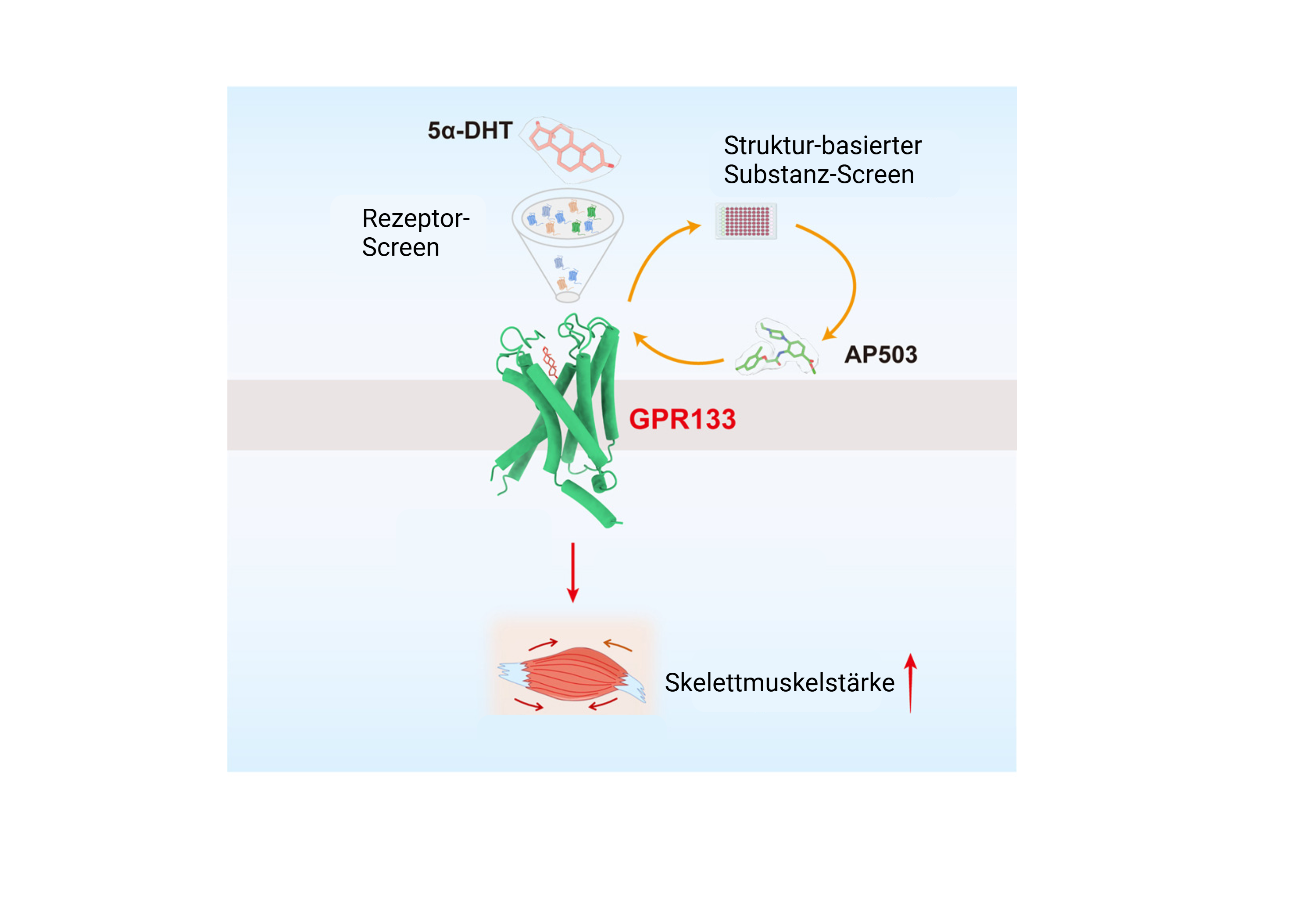
Researchers discover new mechanism for male sex hormone
Researchers at Leipzig University’s Faculty of Medicine and Shandong University in China have discovered a new mechanism that is used by a male sex hormone essential for muscle and bone function. The findings could lead to the development of new drugs with fewer side effects, for use in applications such as strengthening the muscles of…
-
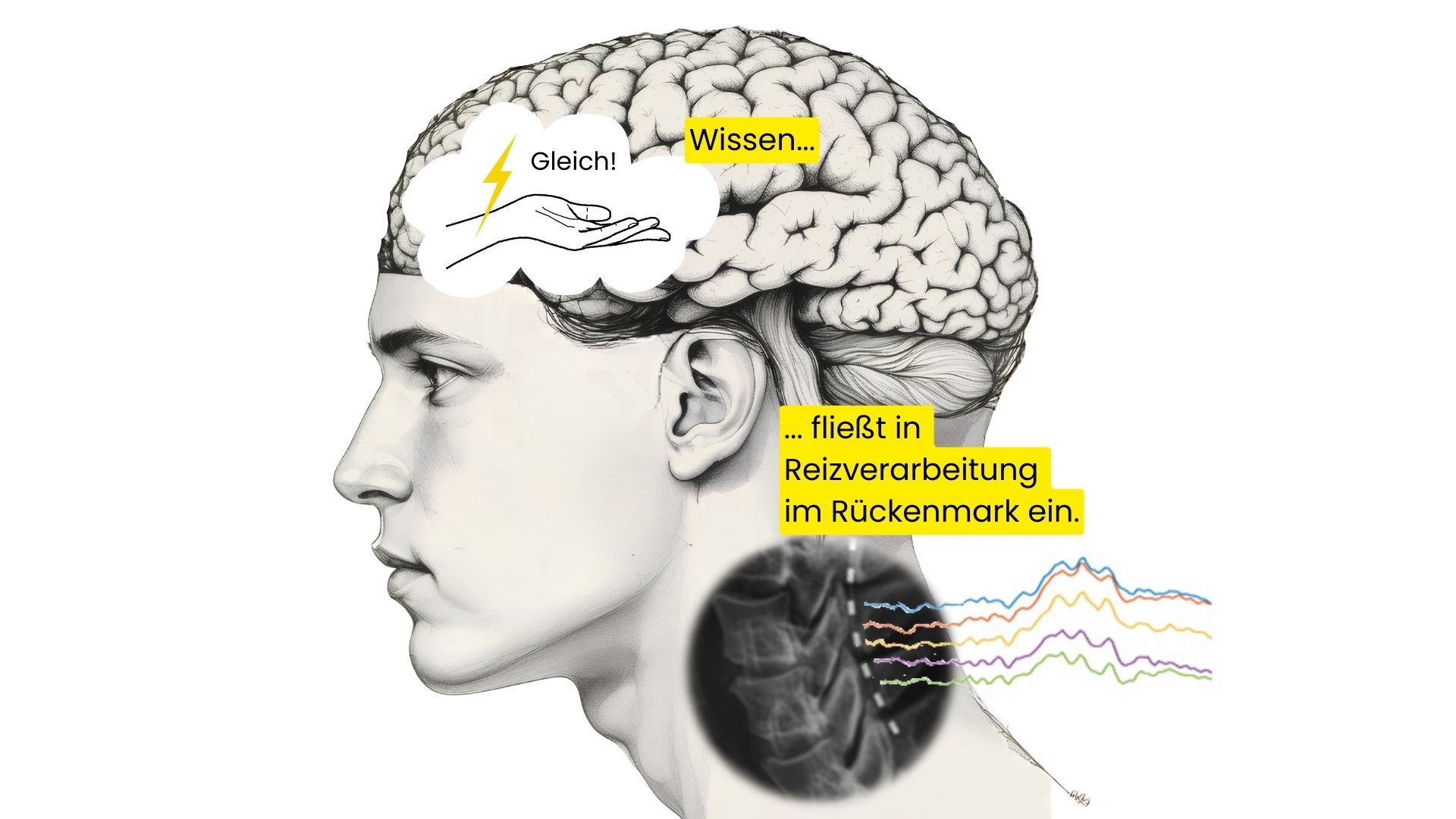
Spinal cord more than just a data highway
In a ground-breaking study, scientists at the Leibniz Institute for Neurobiology (LIN) and University Hospital Magdeburg demonstrated that the spinal cord is far more than just a transmission pathway that transmits sensory stimuli from the body. Instead, sensory stimuli are processed in the spinal cord before reaching the brain. These findings have been published in…
-
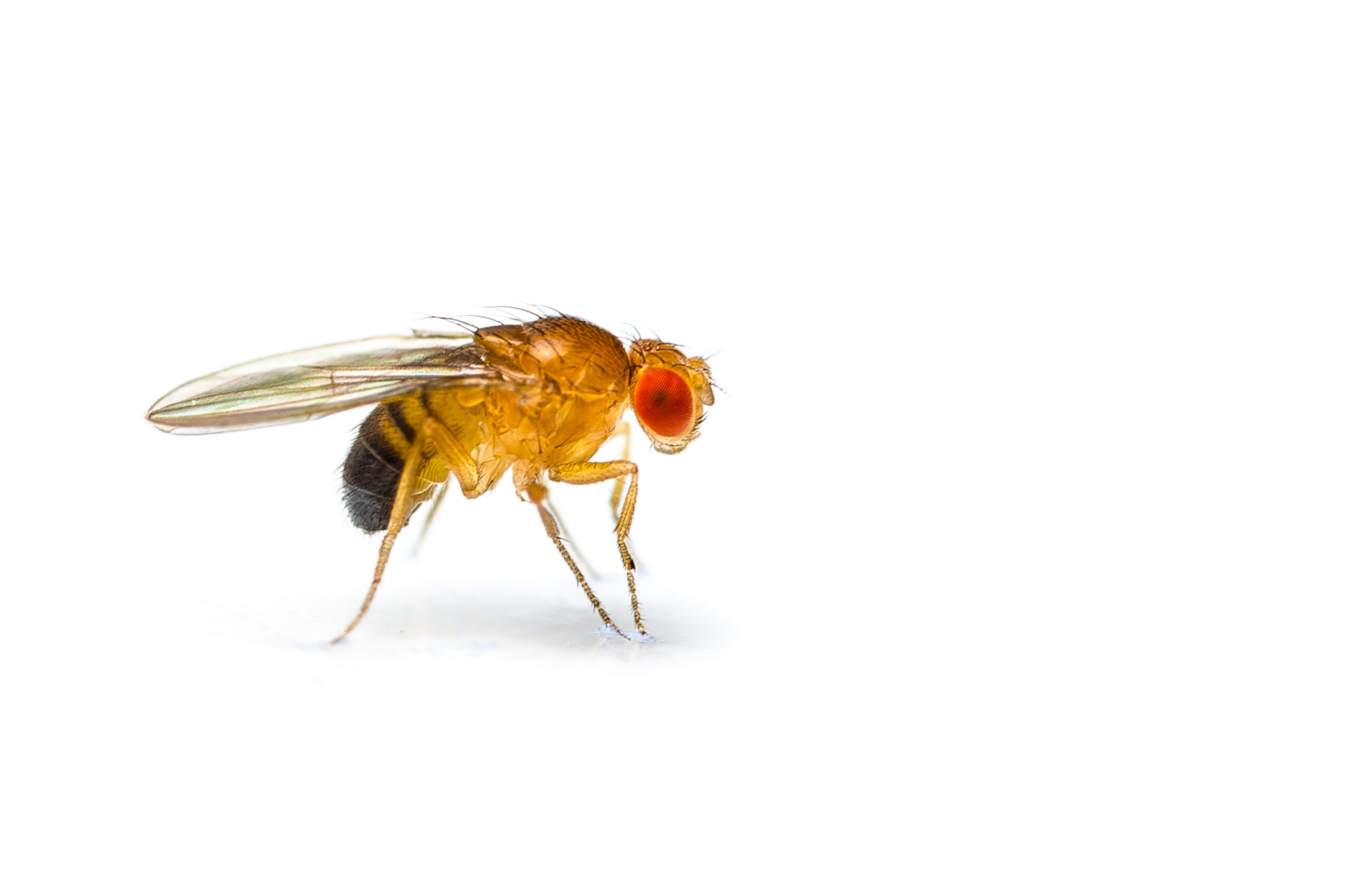
Many roads lead to… the embryo ISTA shows evolution had many optimal outcomes to choose from
Is there only one optimal configuration an organism can reach during evolution? Is there a single formula that describes the trajectory towards the optimum? And can we ‘derive’ it in a purely theoretical fashion? A team of researchers, including from the Institute of Science and Technology Austria (ISTA), has answers. Their mathematical model forecasts the…
-
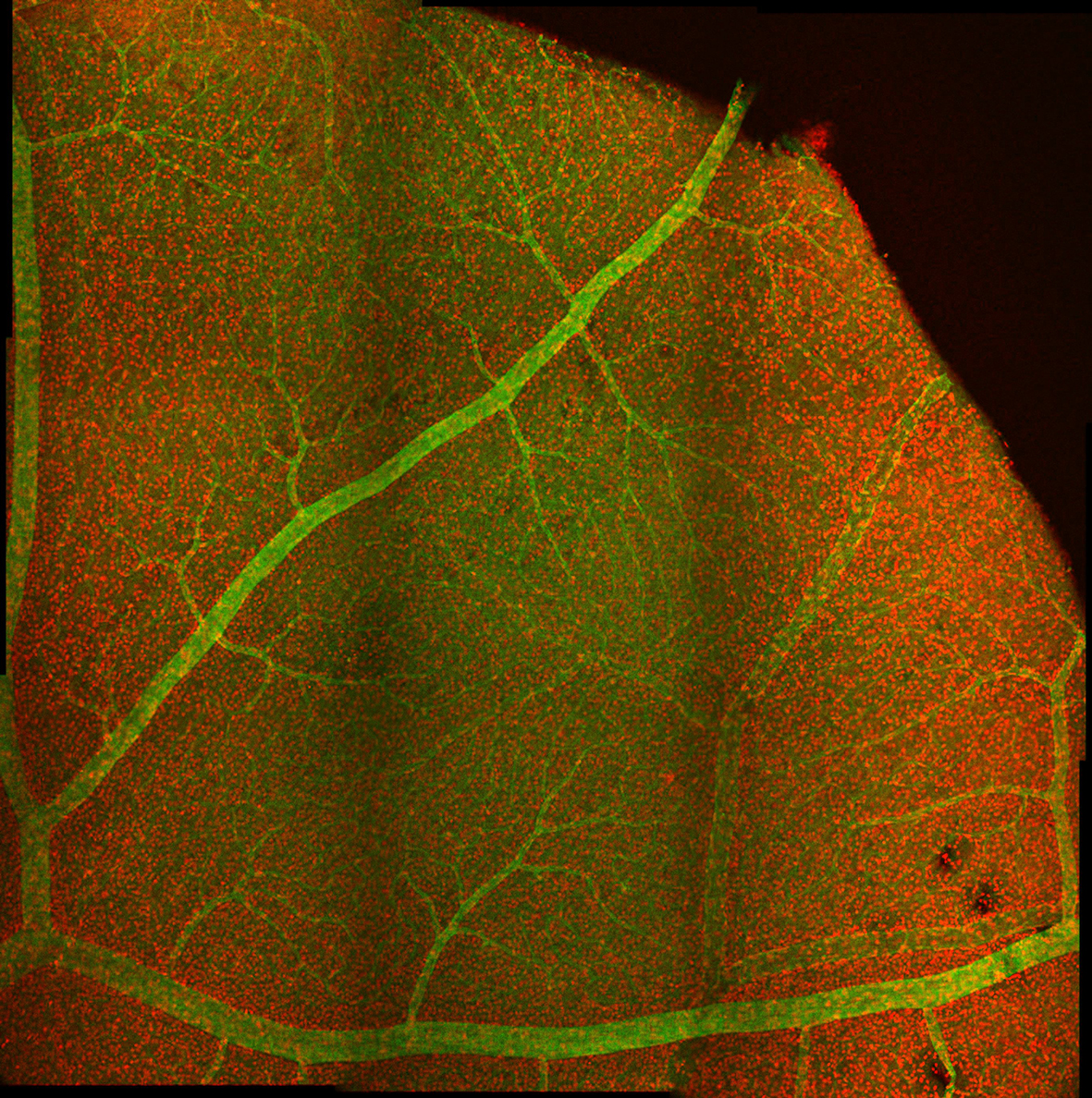
The nerve cells in the eye work together to recognise contrasts and movements
Researchers at the University Medical Centre Göttingen (UMG) have discovered that nerve cells in the eye often process natural visual stimuli from the environment together in cell groups and in a coordinated manner. The coordinated co-operation of nerve cells enhances signal transmission in scenes with high contrast and movement. These findings could help to improve…
-
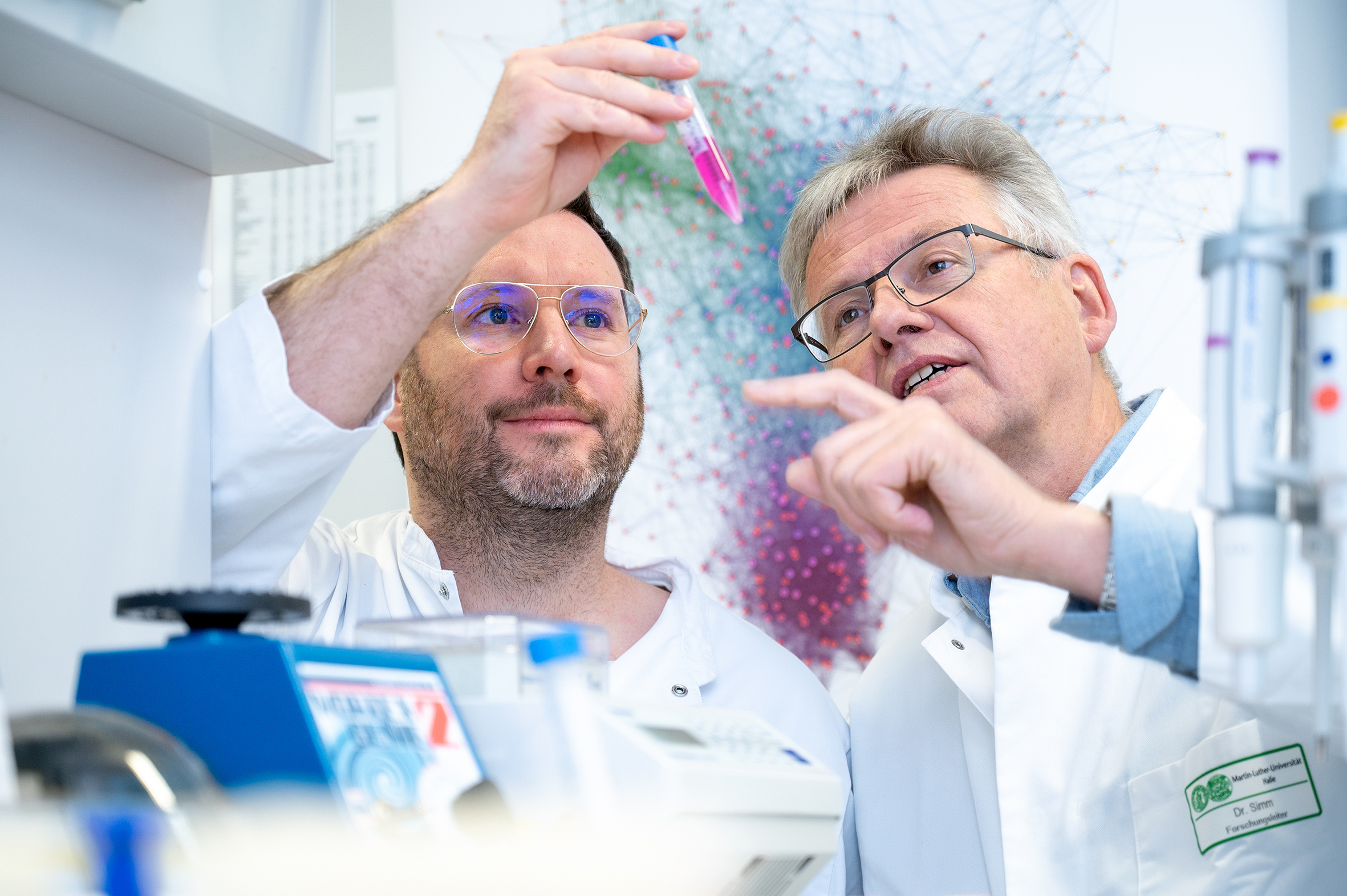
Study Genes for setting the ‘internal clock’ are closely linked to the ageing process
Genes that control the day-night rhythm are completely different with increasing age than in earlier phases of life. This biological function appears to be directly at the centre of many ageing processes, as a study published in the journal Aging Cell by the University Medical Centre Halle shows. The analysis examined the gene activity of…
-

A new look at aging
Research team at Freie Universität Berlin discovers surprising differences in ageing bacterial cells A research team at Freie Universität Berlin led by biologist Dr Ulrich Steiner has gained surprising insights into ageing in bacteria. In a new study, which has now been published in the renowned journal Science Advances, the team shows that even genetically…

